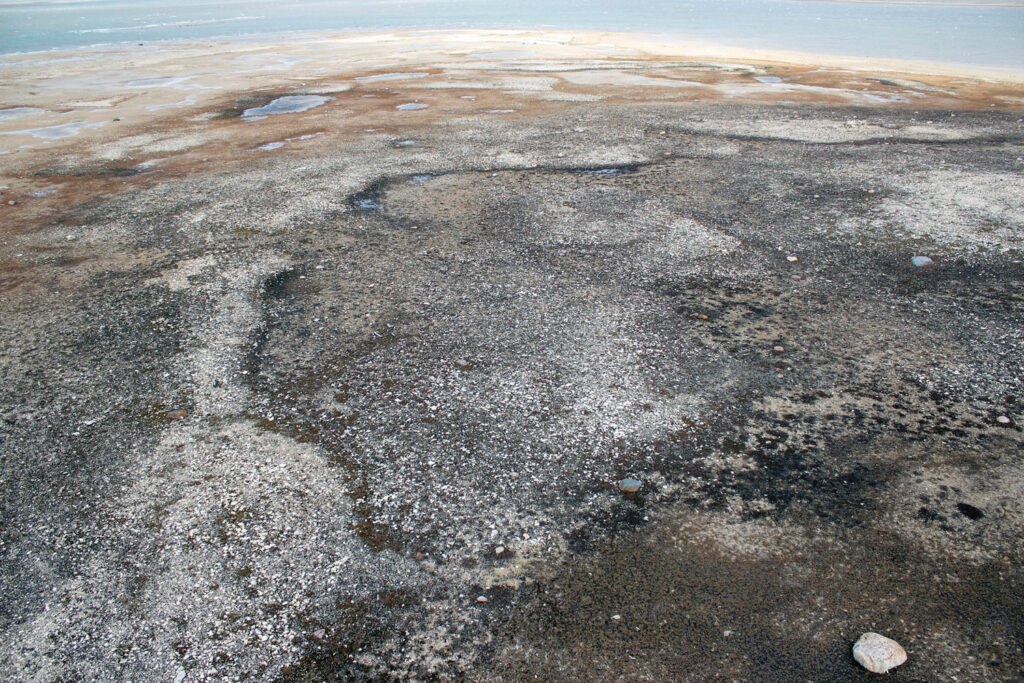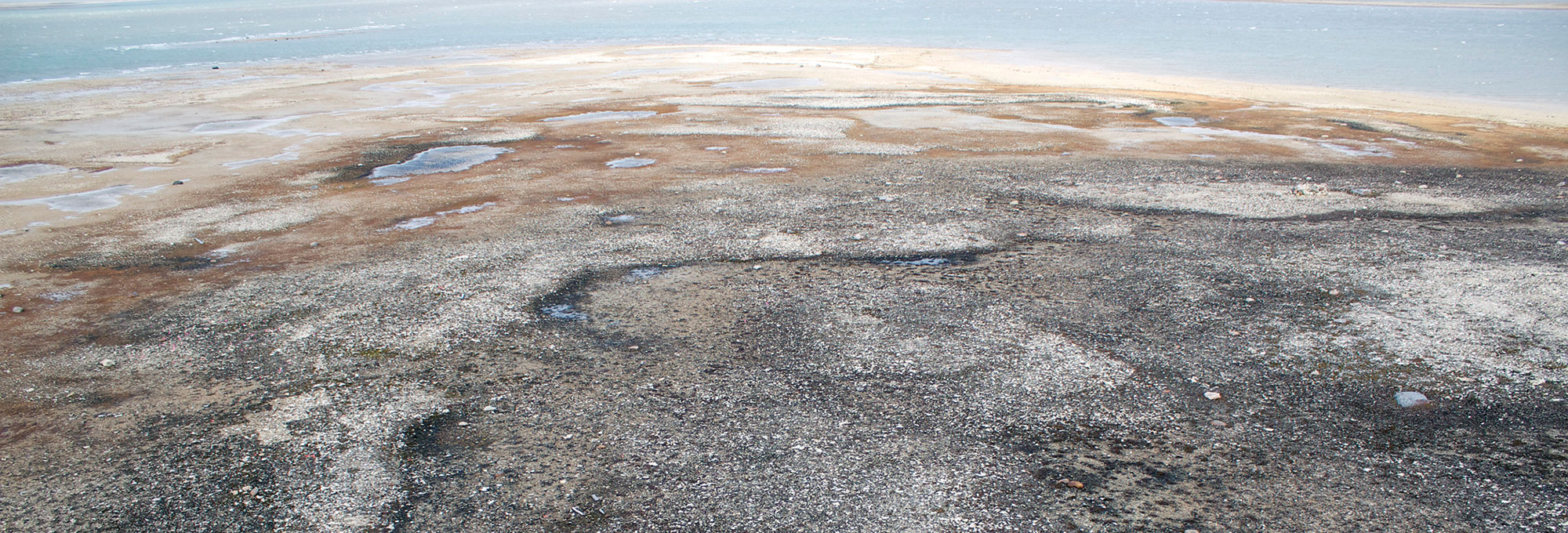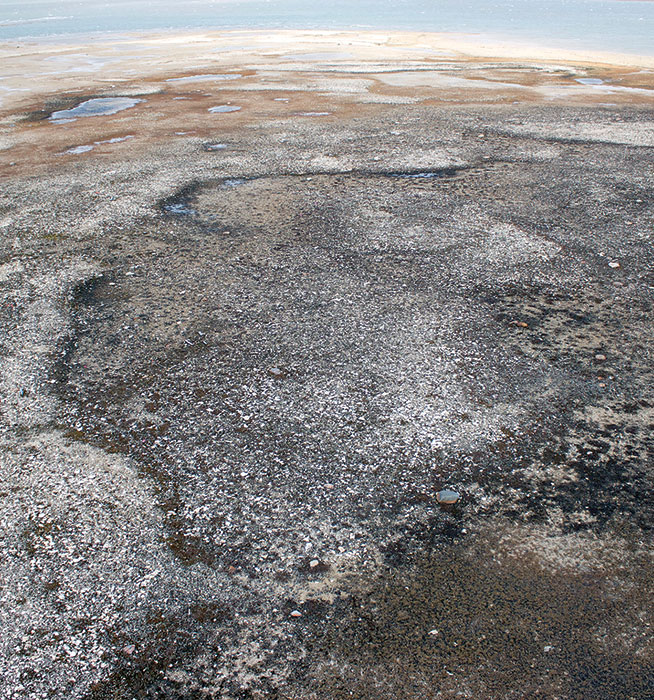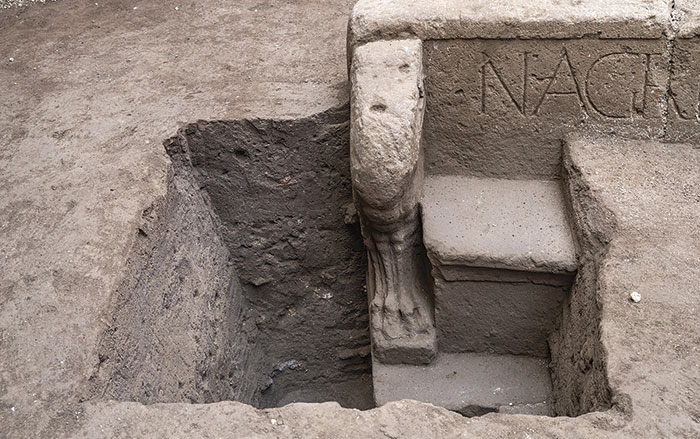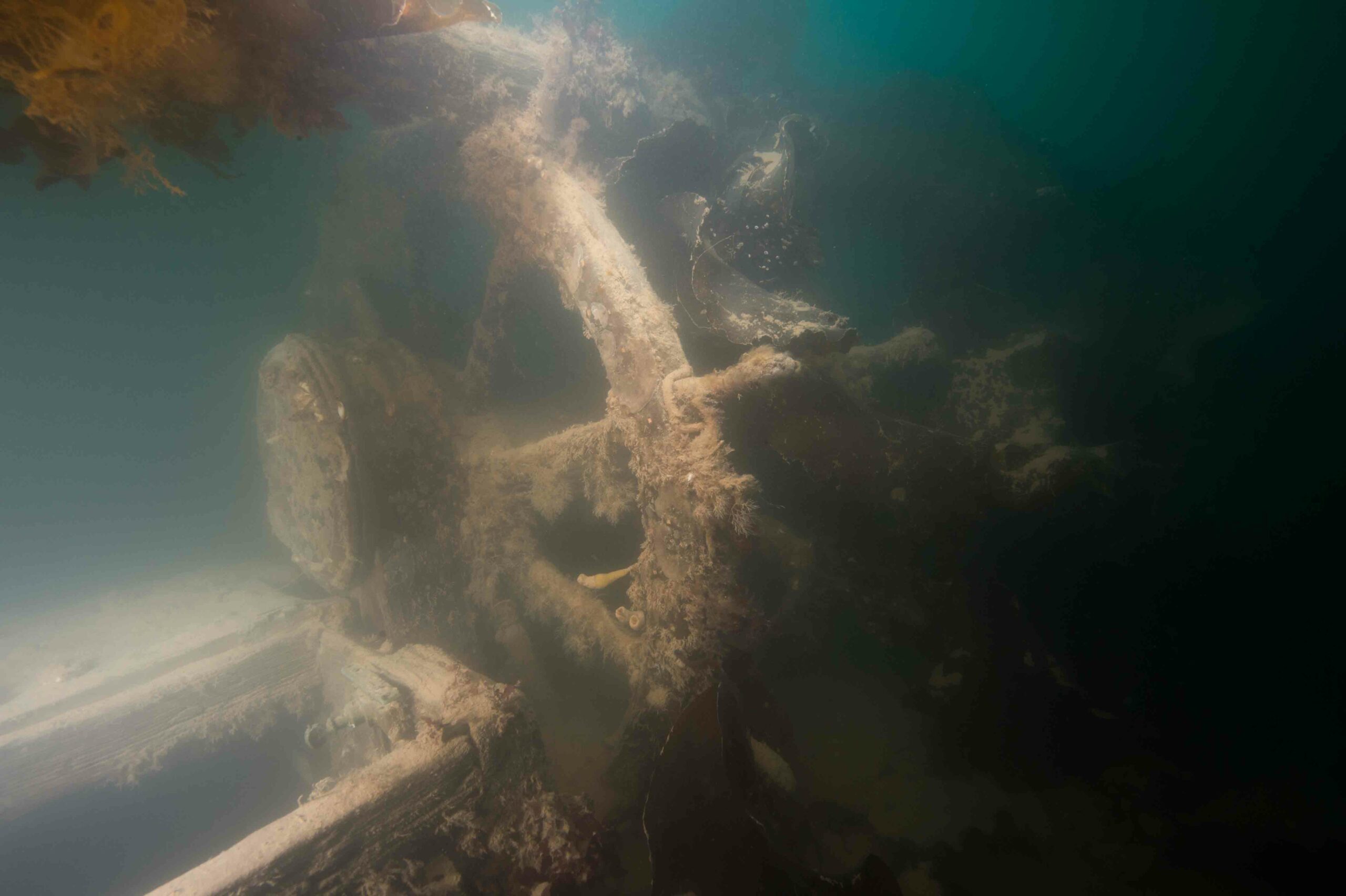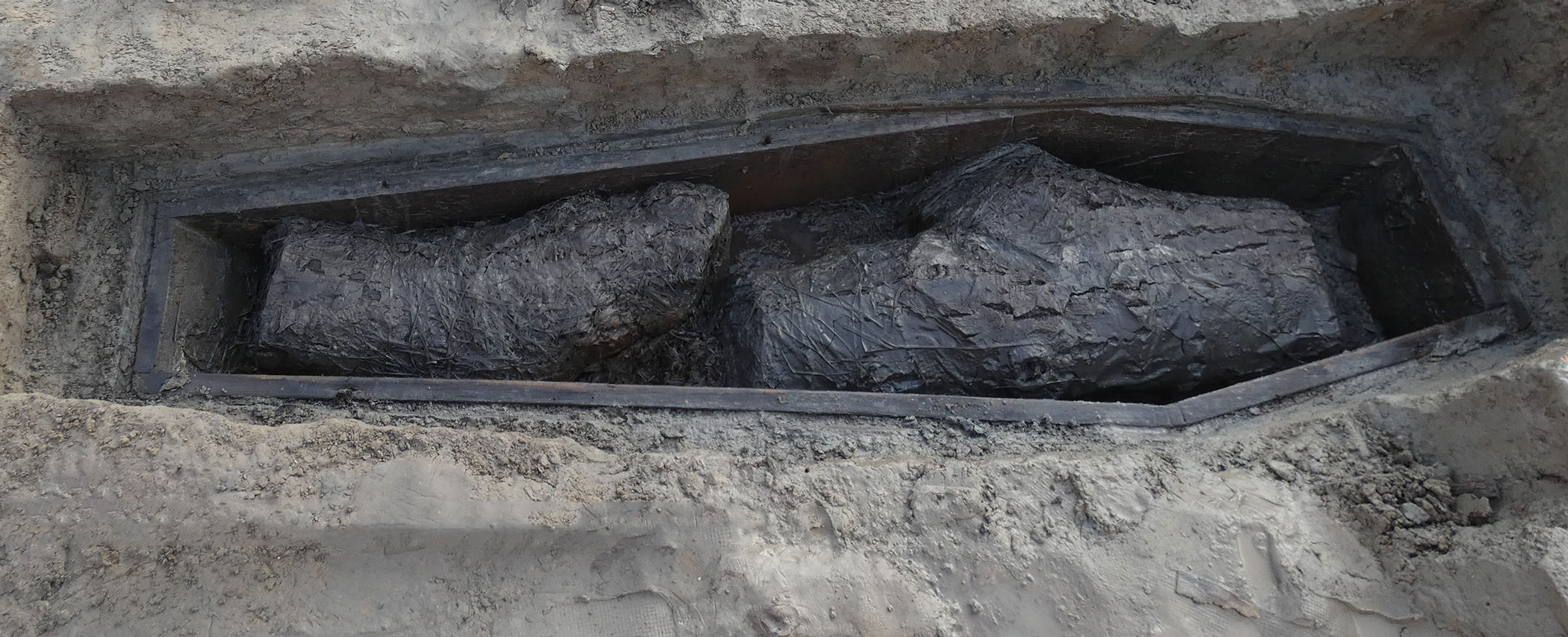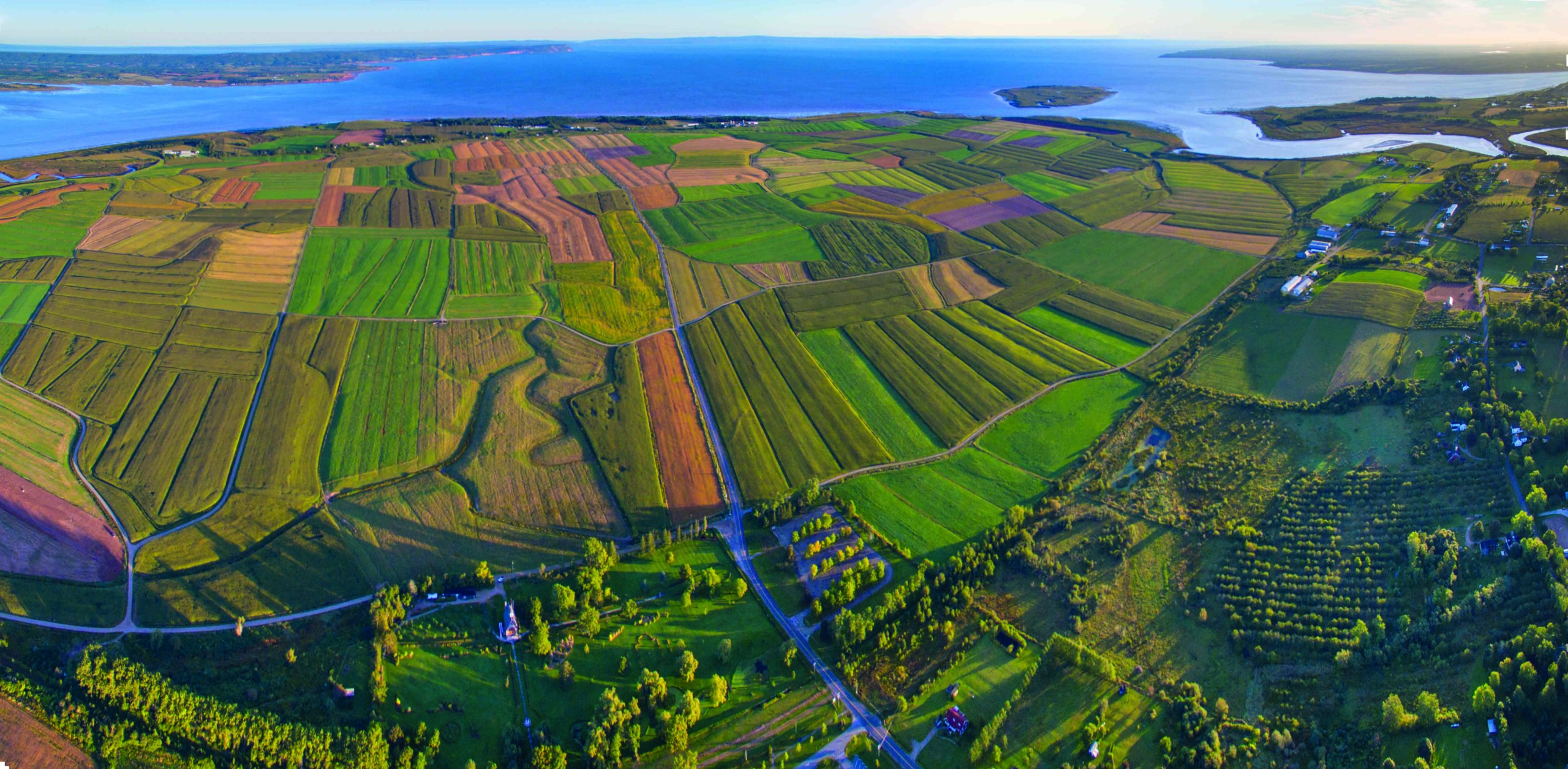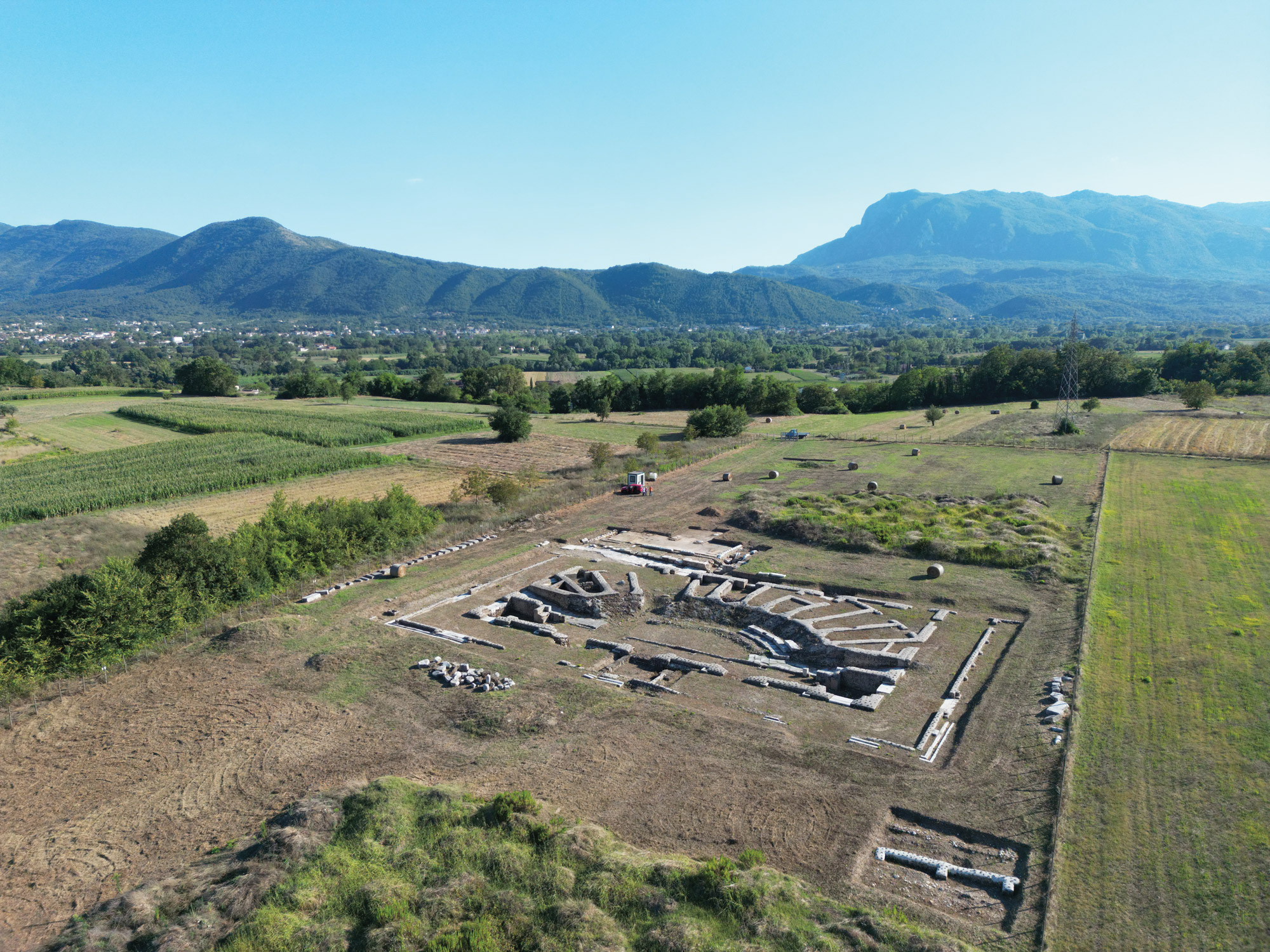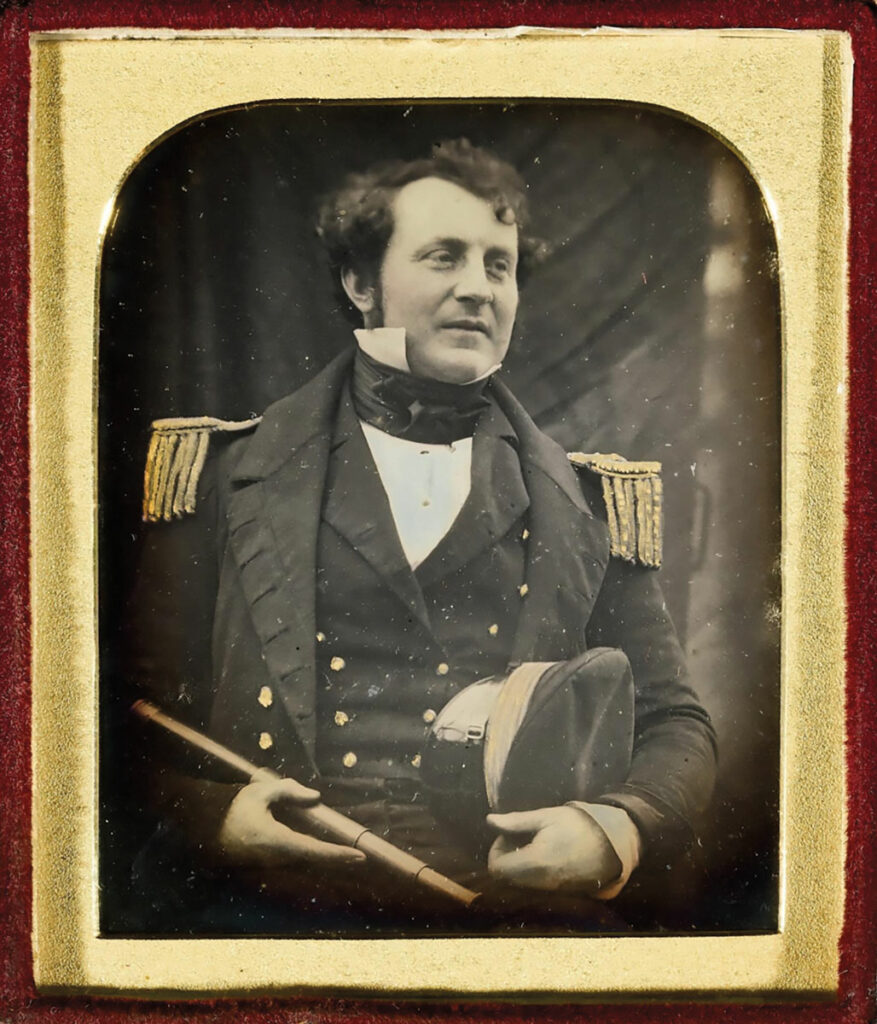
The 134 men aboard the ships HMS Erebus and HMS Terror, which sailed from England in May 1845 under the leadership of Captain John Franklin, were equipped with seemingly ample provisions and state-of-the-art gear to help them chart a sea route across the top of North America from the Atlantic to the Pacific—the fabled Northwest Passage that had eluded European explorers for more than three centuries. Far from reaching its ambitious goal, though, the Franklin Expedition would go down as the most catastrophic Arctic endeavor in history. Not a single man survived. Nearly two centuries later, researchers are still uncovering grisly new details about the expedition’s final days.
The expedition’s last written record, penned by Captain James Fitzjames of Erebus on April 25, 1848, was left near Victory Point on King William Island in the Canadian Arctic. Fitzjames reported that Erebus and Terror had been trapped in ice and abandoned, that Franklin had perished the previous year, and that an additional eight officers and 15 crew members had died as well. The remaining men planned to head south the next day, with Fitzjames now second in command, under the captain of Terror, Francis Crozier. Many didn’t make it far. At a site on King William Island around 50 miles south of Victory Point, archaeologists in the early 1990s discovered the remains of 13 expedition members. As an indication of how dire conditions must have become, they found that bones belonging to four of these individuals displayed cut marks showing that their bodies had been cannibalized.
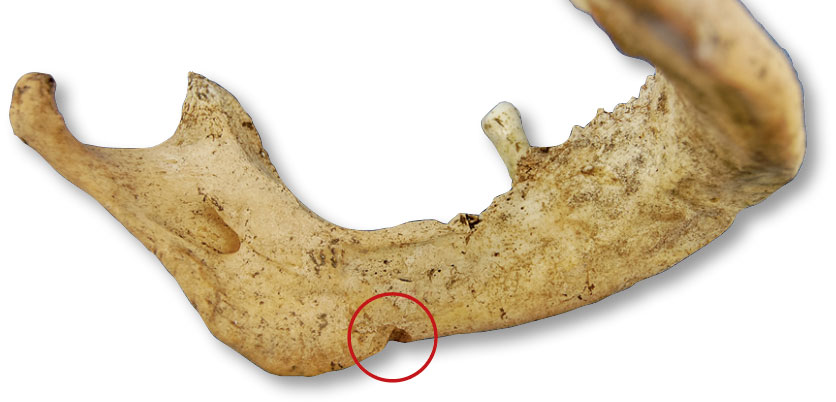
Now, a team led by archaeologist Douglas Stenton of the University of Waterloo has confirmed for the first time the identity of one of the victims: Fitzjames. Markers on the Y chromosome of a direct paternal descendant of the captain’s great-grandfather matched those on the Y chromosome extracted from a mandible with multiple cut marks found on the island. Stenton points out that neither Fitzjames’ rank nor his status appears to have been sufficient to protect him from this indignity. “It’s difficult to imagine what these men were going through, and I think that the primal instinct—the survival instinct—simply overwhelmed inhibition,” Stenton says. “Tragically, it didn’t save their lives. It only prolonged their suffering.”
